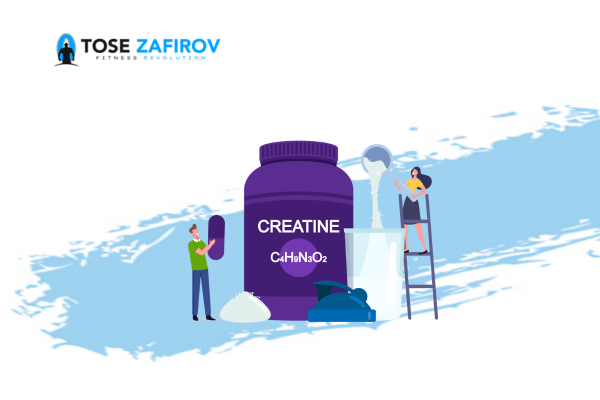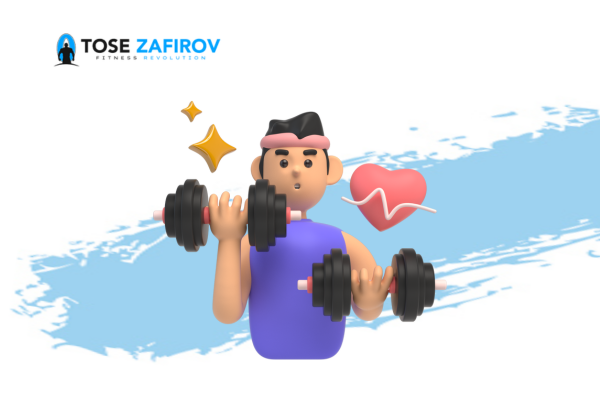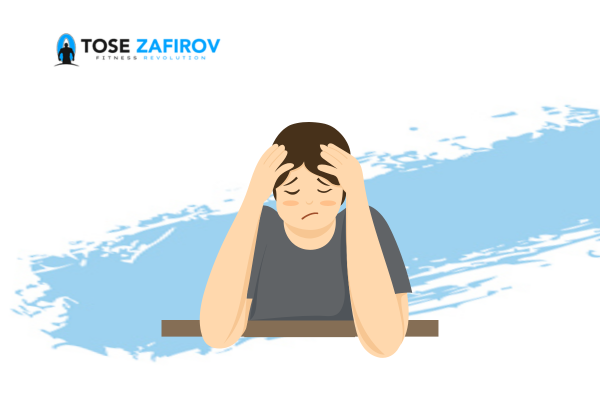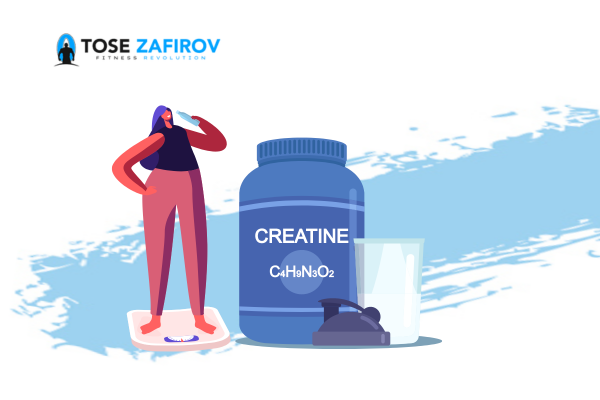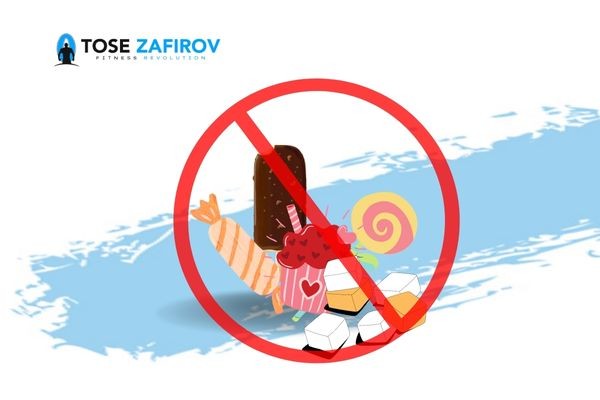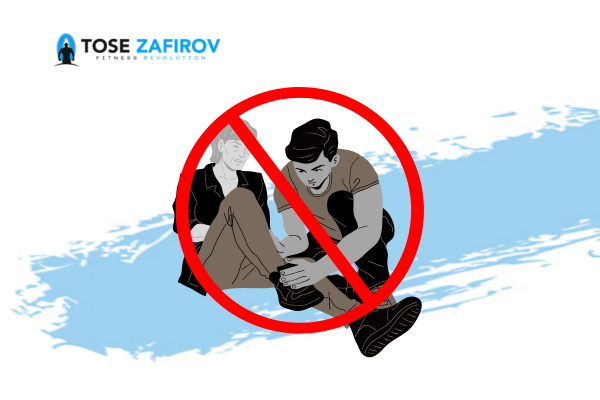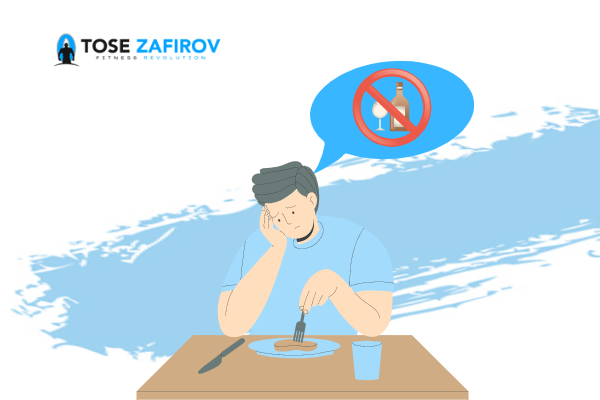Emotions are a natural and wonderful part of life. They color our world, help guide us through life, and give us insight into our inner thought processes.
But what happens when our emotions feel like they’re controlling us instead of the other way around?
Overwhelming emotions can result in emotional blow-outs, damaged relationships, and poor life decisions. Although it takes some practice, anyone can learn to better control their emotions and use them in more productive ways.
Key Takeaways:
- Embrace Intense Emotions: Intense emotions are a natural and essential part of life, making it exciting and vibrant. They indicate a full engagement with life.
- Identify Problematic Emotions: Regularly experiencing emotions that spiral out of control may lead to issues in relationships, difficulty relating to others, work or school troubles, substance misuse, and physical or emotional outbursts.
- Regulation Over Repression: Rather than suppressing or repressing emotions, aim for regulation. Accepting emotions can contribute to greater life satisfaction and fewer mental health symptoms.
- Acceptance is Key: Accepting your emotions, viewing them as messengers, and understanding the information they provide can help you become more comfortable with intense feelings.
Take a look at the impact of your emotions
Intense emotions aren’t all bad.
“Emotions make our lives exciting, unique, and vibrant,” Botnick says. “Strong feelings can signify that we embrace life fully, that we’re not repressing our natural reactions.”
It’s perfectly normal to experience some emotional overwhelm on occasion— when something wonderful happens, when something terrible happens, when you feel like you’ve missed out.
So, how do you know when there’s a problem?
Emotions that regularly get out of hand might lead to:
- relationship or friendship conflict
- difficulty relating to others
- trouble at work or school
- an urge to use substances to help manage your emotions
- physical or emotional outbursts
Note
time to take stock of just how your uncontrolled emotions are affecting your
day-to-day life. This will make it easier to identify problem areas (and track
your success)
Aim for regulation, not repression
You can’t control your emotions with a dial (if only it were that easy!). But imagine, for a moment, that you could manage emotions this way.
You wouldn’t want to leave them running at maximum all the time. You also wouldn’t want to switch them off entirely, either.
When you suppress or repress emotions, you’re preventing yourself from experiencing and expressing feelings. This can happen consciously (suppression) or unconsciously (repression).
Either can contribute to mental and physical health symptoms, including:
- anxiety
- depression
- sleep issues
- muscle tension and pain
- difficulty managing stress
- substance misuse
Pro Tip
Accepting emotions may lead to
greater life satisfaction and fewer mental health symptoms. What’s more, people
thinking of their emotions as helpful may lead to
higher levels of happiness.
Accept your emotions — all of them
If you’re trying to get better at managing emotions, you might try downplaying your feelings to yourself.
When you hyperventilate after receiving good news or collapse on the floor screaming and sobbing when you can’t find your keys, it might seem helpful to tell yourself, “Just calm down,” or “It’s not that big of a deal, so don’t freak out.”
But this invalidates your experience. It is a big deal to you.
Accepting emotions as they come helps you get more comfortable with them. Increasing your comfort around intense emotions allows you to fully feel them without reacting in extreme, unhelpful ways.
To practice accepting emotions, try thinking of them as messengers. They’re not “good” or “bad.” They’re neutral. Maybe they bring up unpleasant feelings sometimes, but they’re still giving you important information that you can use.
For example, try:
- “I’m upset because I keep losing my keys, which makes me late. I should put a dish on the shelf by the door so I remember to leave them in the same place.”
Warning
Accepting emotions may lead to
greater life satisfaction and fewer mental health symptoms. What’s more, people
thinking of their emotions as helpful may lead to
higher levels of happiness.
Take a deep breath
There’s much to be said for the power of a deep breath, whether you’re ridiculously happy or so angry you can’t speak.
Slowing down and paying attention to your breath won’t make the emotions go away (and remember, that’s not the goal).
Still, deep breathing exercises can help you ground yourself and take a step back from the first intense flash of emotion and any extreme reaction you want to avoid.
Pro Tip
The next time you feel emotions starting to take control:
·
Breathe in slowly. Deep
breaths come from the diaphragm, not the chest. It may help to visualize your
breath rising from deep in your belly.
·
Hold it.
Hold your breath for a count of three, then let it out slowly.
·
Consider a mantra.
Some people find it helpful to repeat a mantra, like “I am calm” or “I am
relaxed.”
Practice Self-Care Activities
Exercising, getting adequate sleep, eating nutritious foods, and engaging in hobbies can support emotional well-being and regulate intense emotions and build social and emotional learning, says Serani.
“Studies have long shown that tending to your mind, body and soul in these ways will deepen
your attunement to yourself and help with self-regulation,” she says.
Engage in Inner Work Exercises
Expressive arts like journaling and blogging, attending support groups, and seeking out psychotherapy can help process emotions and gain insight into underlying causes for strong emotions, says Serani.
“One of the additional benefits is these experiences can help root out some of the triggers, traumas, or unresolved patterns that set off overwhelming emotions,” she notes.
Identify Triggers That Heighten Emotions
Although triggers like certain situations or people are highly unpleasant and it’s natural to avoid them, Dattilo says identifying your triggers can give you the best opportunities to apply an alternative response to them.
“Practice helps us build and strengthen emotion regulation skills like breathing and reframing so that they are available and useful to us when we need them, in real time,” she says.
Constructive Communication
The following are assertive communication techniques to help you express emotions effectively, listen actively, and assert boundaries while maintaining respect and empathy.
Maintain healthy relationships
We can also use healthy relationships to regulate emotions by having a trusted friend or loved one to confide in, which is why you usually feel better after venting to a friend. Socializing can help to calm your mind and can even help regulate your body’s physical response to emotions. Although we can’t see people face-to-face as often right now, you don’t want to cut yourself off from people you were previously close to.
Practice mindfulness
One way to practice nonjudgmental awareness is to meditate, and it’s a lot easier than you might think. Simply taking five to ten minutes a day to notice what your body and mind feel like can help you gain an understanding of your emotional habits. This can act as a practice for when you experience emotions in your regular life. When meditating, play close attention to any emotions that may arise and how your instinct tells you to respond. You can ask yourself:
- What kind of emotions arise, and how often do they come?
- How does your body feel when they arise?
- How does your mind respond?
- Are there any judgments when emotions arise?
- Is that response helpful? Is there a better way to respond?
The bottom line
Balancing and regulating emotions is crucial for mental and physical well-being. Acceptance, self-care, mindfulness, and constructive communication are valuable tools to navigate intense emotions and build a healthier, more satisfying life.


